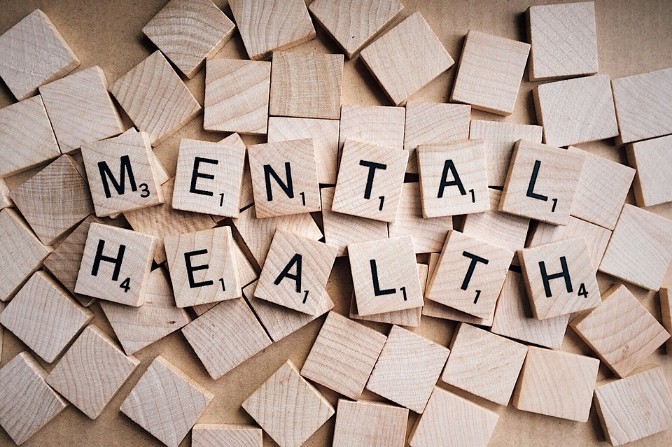
Hundreds of members of the RAF Family have been supported by a series of new welfare initiatives, launched by the RAF Benevolent Fund…
This year alone, the RAF Benevolent Fund has received hundreds of enquiries for its Listening, Counselling and Wellbeing Service as well as those wishing to access help via Anxiety UK and Cruse Bereavement Care.
It is thought that one in four people will experience a common mental health illness, such as anxiety or depression, at some stage in their lives. Many do not seek the help they need, with only a quarter of those diagnosed going on to receive treatment.
Research carried out by the Fund in 2015, highlighted the need for more mental wellbeing support for the wider RAF Family, including veterans and dependants of those who serve. People like Sally, a Reservist in the RAF, who contacted Anxiety UK, for support with depression.
Sally said: “There is still a stigma around mental illness. I knew deep down something was wrong but I did not want to start that first conversation, I had a fear of where to start. I spent a long time in denial. You have to trust your family or a loved one and talk about it.
“My other half was adamant that things could not be left as they were any longer but I had to be pushed to get help. I thought I was coping but I wasn’t. Without the therapy sessions I would be in a far worse situation and I would encourage others to please seek help if they feel they are not coping and talk to someone about how they are feeling.”
The Fund’s partnership with Anxiety UK includes therapy provision for those experiencing anxiety and/or depression (only available for non-serving applicants, serving personnel should contact their Station Medical Officer in the first instance) and subsidised annual membership to Anxiety UK.
The RAF Benevolent Fund also works in partnership with Cruse Bereavement Care to offer support for those dealing with the loss of a loved one, including face-to-face and telephone counselling sessions. RAF veteran Les Campsie says the counselling ‘rescued him from a very dark place’ following the death of his wife of 57 years, Patricia.
Les explained: “For me counselling was the first step out of grief, it rescued me from a very dark place. It was hard at first but gradually you can talk about it and it encourages you take the next step. Talking to a third party outside of the immediate family is very helpful because you can talk openly, without fear of giving grief to someone else.
“I found I lost all my confidence when Patricia died, I found decision making very difficult. Counselling really helped to give me the courage to get out and about again, to re-join organisations I had given up when Patricia became so ill. Now I’m a regular member of my local Probus club and I go to the gym three times a week. It’s even given me the confidence to book my first holiday in years.”
As well as this, the Listening, Counselling and Wellbeing Service provides confidential emotional support to help the RAF Family deal with a range of issues from issues from low mood and stress to low self-esteem and loneliness or isolation due to caring. The service includes telephone and face-to-face counselling sessions, home visits are available.
If you need support with your mental wellbeing contact 0300 222 5703 or support@rafbf.org.uk and you will be referred to the service best equipped to support you.

